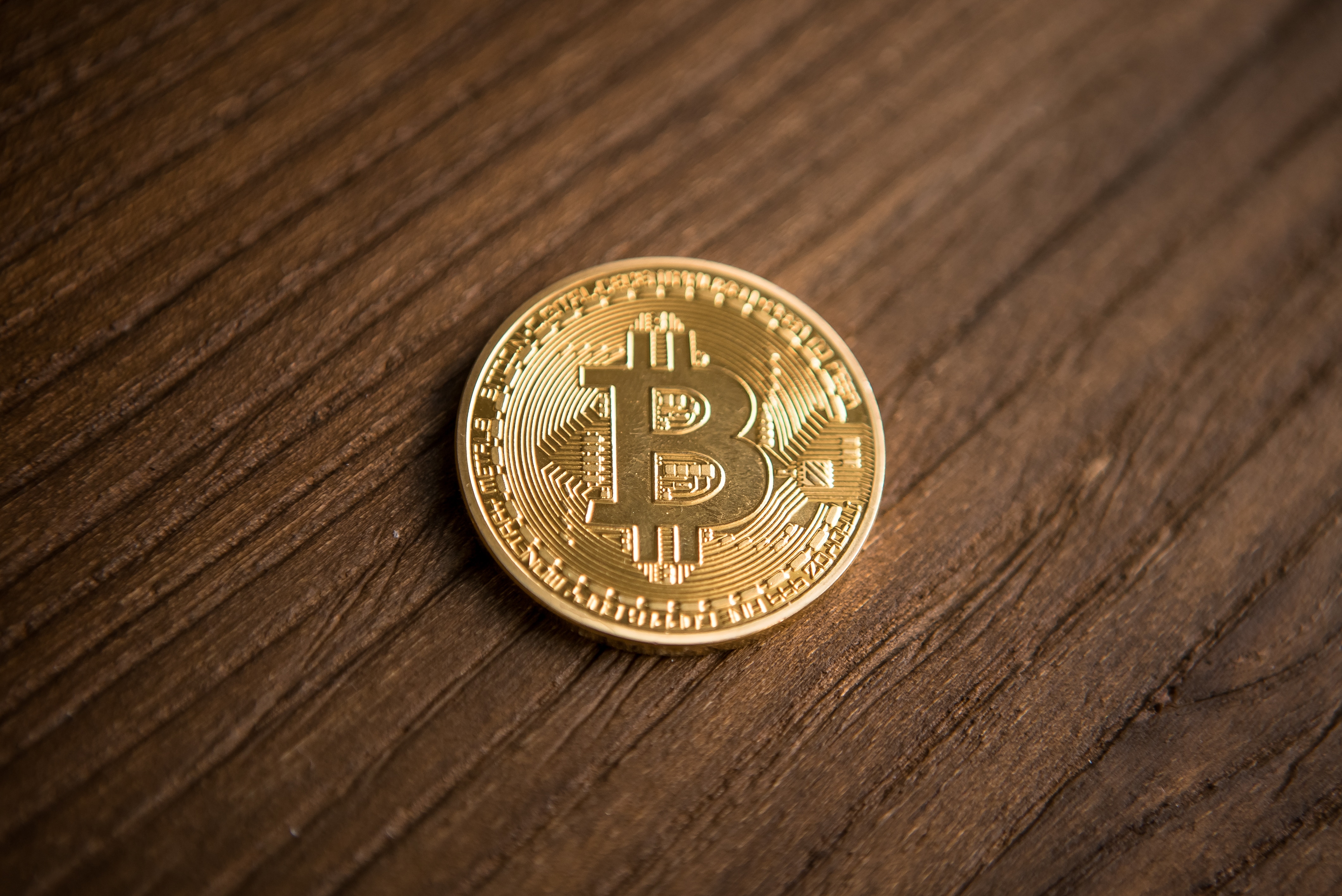Cryptocurrencies have taken the world by storm in recent years, popping up across the globe in one form or another. From Burger King’s WhopperCoin in Russia to Nicolas Maduro’s attempt to reignite Venezuela’s economy with its new cryptocurrency Petro.
Everyone appears to be launching their own cryptocurrency, even Pablo Escobar’s, Roberto, has announced that he intends to launch his own digital currency named diet bitcoin. But this is nothing new in the thriving country of Colombia which has welcomed this new technology. According to Localbitcoins, transactions made with Colombian pesos grew 1,200% during 2017.
To get a better understanding of the cryptocurrency environment in Colombia, and what the future holds, we spoke with Germán Montoya, an economist and Rokk3r board member. Montoya will also be present at the Wharton Latin America Conference at the University of Pennsylvania which will focus on how cryptocurrencies can open up foreign investment in Colombian companies, which has previously hosted talks with leaders such as former President Alvaro Uribe.
A recent BBC article stated that 2017 saw a huge demand for Bitcoin in Colombia, more than other Latin American countries. Why do you think Colombia has exhibited such a strong appetite for this technology?
I believe the article articulated very well two major points. Firstly, Investors in Colombia want short-term liquid investment options.” And Secondly, there is, unfortunately, some anonymity to bitcoin transactions hence there is a possibility of the black market driving this. Additionally, this is an investment alternative that has no friction, paperwork, requirements, etc… you don’t have to get a financial advisor, sign contracts, or stand in line, etc…you can do it from your home.
I don’t how the growth analysis talked about in the article is made nor what the volumes or relative volumes are, but I think that this is not only attractive to Colombians, but clearly to the world, so I am not so sure that Colombian behavior is different from other countries’.
The article also states “Colombians are in the habit of looking for investment alternatives with low amounts, so the profitability of Bitcoin is attractive,” and also stated, “The vast majority of people invest looking for profitability in the short term, that is their greatest desire.” Do you agree with this nature, and if so, do you think it will change or grow as we see more cryptocurrencies opening up the possibility of foreign investment in Colombian companies?
I agree with the above statement, but also think regulation will happen and hence have adverse effects…from one side it would provide even more confidence to those that adhere but part of the essence of these initial currencies will be lost.
What it is true, is that through cryptocurrencies, companies can appeal to investors of all kinds from wherever, they level the playing field, provide small amount investment alternatives and liquidity to usually liquid investments. That is a reality bitcoin white paper theoretical persuasiveness, seriousness and technology will end up being the factors that will differentiate token winners from losers.
What advice would you have for foreign investors looking to invest in Colombian companies?
Depending on the sector, borders are becoming less important. If you are an investor investing in infrastructure projects, you will look at things like political stability, guarantees, etc on top of the desired financial rate of return etc…. We invest in exponential companies where borders are less important, is much more about the use of certain technologies, the ability to leverage global connectivity and technology.
In addition to this, the size of the problem and hence the solution. In those cases, it is important to look at the exponential potential, and then, hopefully, see if those companies use new methods to raise money, such as crypto assets that provide more liquidity than 10-year fund alternatives. In today’s world, where the cost of capital is super low, there is an abundance of it. Thus, investing in new value propositions makes more sense than investing in old value proportions that are fighting to be more efficient.
On the opposite end of the spectrum, what advice would you have for companies to help them attract investment from foreign investors?
In my opinion, Colombian companies should take advantage of common problems that may also happen elsewhere, and generate solutions that can scale worldwide without the need to scale the company’s operations. In general, bet on exponential growth leveraging current and future connectivity rates. They should also think creatively in terms of generating investment options that are more liquid such as crypto coins.
How do you see blockchain and smart contracts helping to reinforce confidence in Colombian investment after corruption and fraud that has deterred foreign investment for years?
That’s the heart of the blockchain…they call it trustless trust. Decentralized trust. When the rule of law is not advanced or can be easily manipulated by few people, for better or for worse, investors don’t only have to believe in the product or service and its product market fit, but also in how those few people feel about the product or service offered. When the power of networks and distribution takes over the need for a centralized top-down hierarchy, new models and ways of thinking happen.
Not only in Colombia, but recently in Europe and the USA lately, we see how federal banks will print dollars to increase a countries competitiveness or manage currencies and policy. Primarily to start trade wars or change contracts written under one set of laws and then those change. It’s hard to predict what the outcome of an investment could be.
Cryptocurrencies provide an alternative to that fiscal and monetary policy management. The technology and the fundamentals do provide hope and optimism, but the whole space is still in its infancy and the ecosystem will have to adjust to mass success and failures. So my recommendation is to go in and learn and become familiar, but be cognizant that this an evolving technology that is still not mature.
What is the government’s attitude towards this rise in Bitcoin popularity and the potential of foreign investment as a result?
In general, the government is looking at the new market behavior and trying to understand the long-term economic impacts. I think it’s smart because the crypto world is here to stay and to try and regulate it as if it was something old instead of regulating it in a modern way would be a mistake. Market forces do exist and they tend to correct and learn how to manage externalities. With crypto, this happens at lightning speed. In many ways these technologies are evolving to be autoregulated as they are all competing for the money of the investor, hence they have to provide solid arguments and better technology than the one coin they are competing against.
I understand you have an extensive background in the field of economics. In your opinion, what is the most interesting economic impact of Bitcoin in a country such as Colombia?
Bitcoin is just an application of a technological concept called the blockchain. The blockchain is a revolutionary concept that reinvents the protocol on which the internet runs, making it distributed and decentralized. That’s the revolution, it allows for Colombians to believe in each other, and not only in the existing centralized, top-down institutions.








